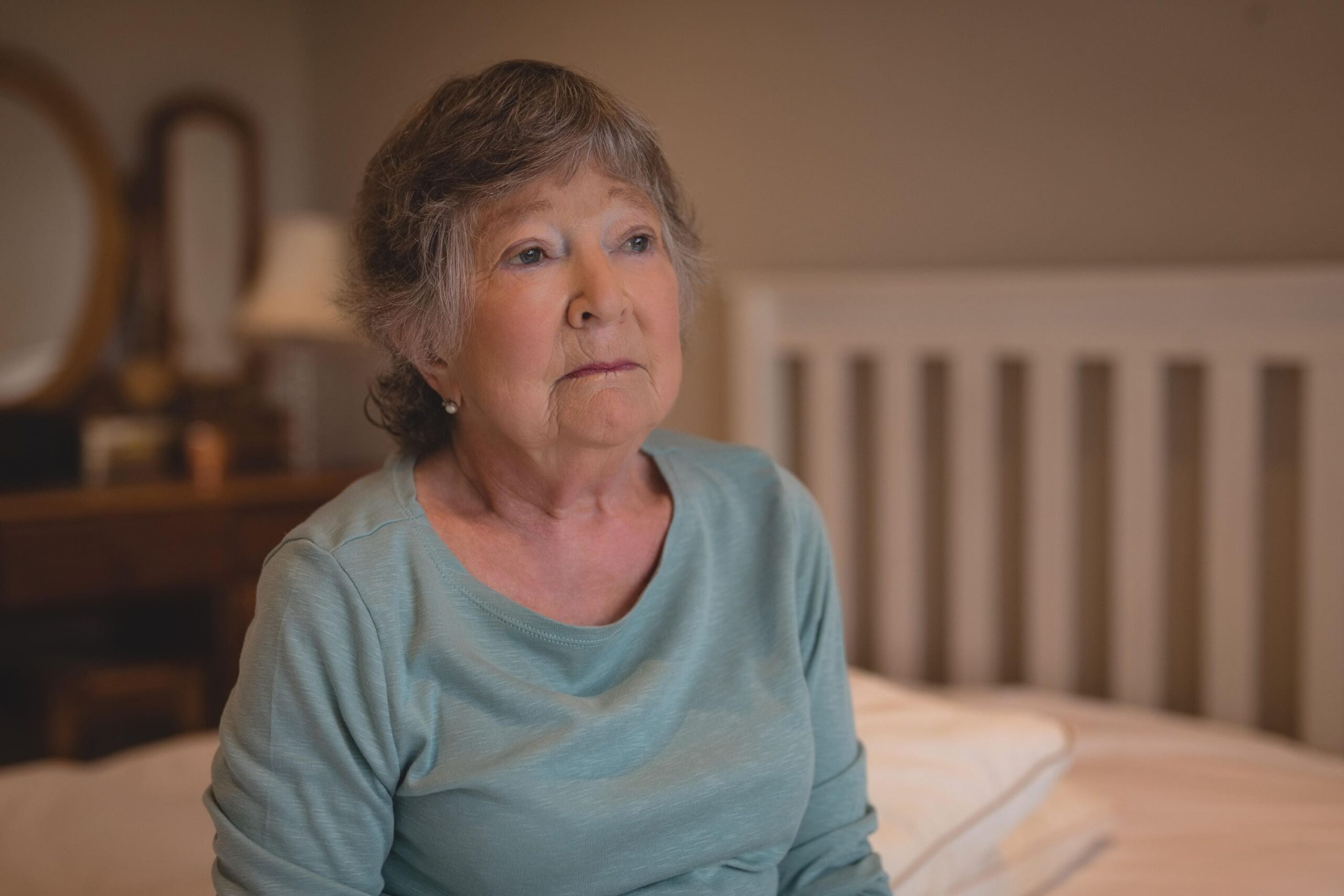The problem…
“My 76-year-old mother had a bad fall at home early last year and broke her hip. She nearly died because she couldn’t move, and it was only because a delivery man called to leave a parcel for next door that she was found. She has recovered well from her surgery and has gained back pretty much all the mobility she had before. She’s been lucky but was very shaken by all of this, and we agreed that she would move in with me while she recovered.
“Since then though, she has become very frightened of being left alone. I currently work from home and, with the lockdowns, it’s not been much of an issue, at least not at first. However, for the past few months – when things have been opening up again – I have been able to go out more.
“The problem is my mother gets really upset when I do, even if I am just popping out to the local shops. I have a retired neighbour who is willing to sit with her, but there is a limit to how often I can ask. Last week, I told her I must go into my office for the first time in 16 months to see my manager, and that I would be out for a whole afternoon.
“Although I said our neighbour could stay with her, she completely lost it. She burst into tears and said I obviously didn’t love her and that I cared more about my job than I do her. Moreover, I could not convince her that she would fine while I was out, and in the end I had to cancel my meeting and chat with my boss online.
“This has worried me a lot because at some point, I may have to return to my office, and if I can’t commit to this, I may lose my job. I feel trapped by this situation and increasingly resentful of my mother being here, yet at the same time, I feel guilty for having these thoughts. What on earth can I do?”
Fiona says…
“Your mother has clearly had a fright and her fear of being left on her own isn’t really surprising. It would seem she’s completely lost her confidence, and it will take time for her to learn to rebuild it. That won’t be easy, and she will need help, so do talk to her GP about counselling. If this hasn’t happened already, the doctor may also be able to refer her for a falls risk assessment, or if there is one locally, to the falls prevention service.
“Run by healthcare professionals with specialist training, it focuses on giving people advice and support to improve and maintain their strength and balance. The idea is to help them avoid having any further falls.
“I’m sure that, in time, she will be able to regain some self-reliance and not feel so dependent on you. That time isn’t now though, and in order to reach that stage, you are going to need to help find the tools to help her. Age UK has a very helpful factsheet called ‘Staying Steady’ that I would encourage you – and her – to read, as there’s a lot she can do to help herself. Their website might be very helpful.
“I would also suggest you get her a fall alarm, and show her how the sensor will activate if she falls, which, unless she cancels it, alerts a designated person or agency that can help her. There are many different versions of these, so I suggest you look into them carefully to find the kind that will work best for you. The Age UK advice line can probably advise on this, as well as other options that might be available.
“The choice need not be staying at home alone or having your neighbour sit with her – there are many other things she could do and places she could go.
Have you thought about day clubs and other activities for her that will get her out of the house and give you some freedom? Getting out and about and mixing with others once more will help her to feel better about herself again.
“At 76, she’s not too old and she should be able to enjoy life a lot more than she is at present. The emotional blackmail she is using to make you stay with her will, sadly, probably have the opposite effect in making you resent her and driving you away. Try and help her to understand this by explaining that, while you love her, you have needs too and cannot be with her every minute of every day.”
If you have a problem you need help with, email Fiona by writing to help@askfiona.net for advice.
All letters are treated in complete confidence and, to protect this privacy, Fiona is unable to pass on your messages to other readers. Fiona regrets that she cannot enter into personal correspondence.





